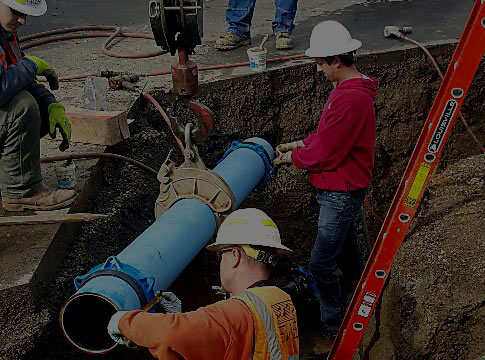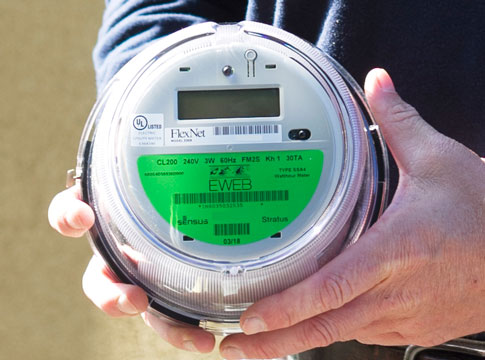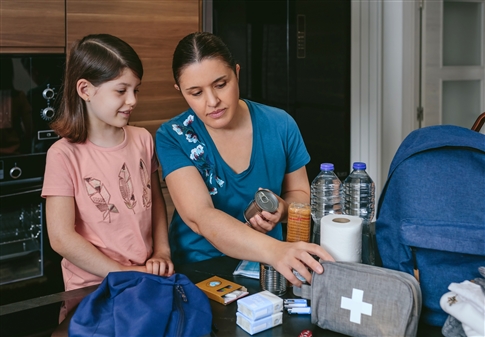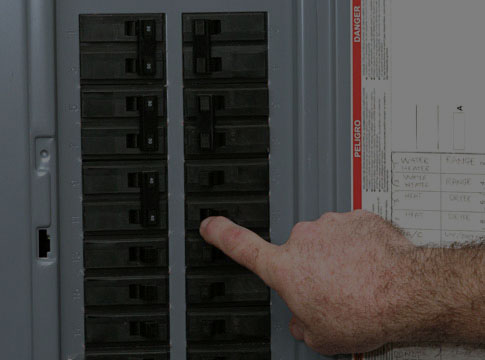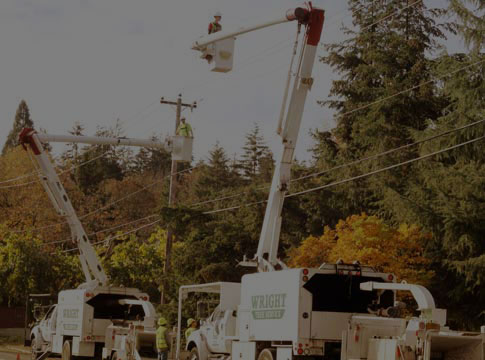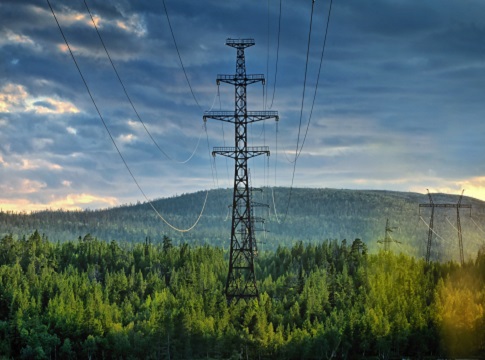From providing clean, healthy water to your home or business to safegaurding the community during power outages, safety is our first priority.
If your power goes out or you experience a water outage, it is important you let us know so we can get your service restored as quickly as possible.
Report an outage by calling our toll-free outage reporting line at 1-844-484-2300 or texting 'out' to TXEWEB (893932).
Need-to-know information during a power event. Find links to our outage map and don't forget to follow us on social media for the latest news.
If you experience a water outage or water emergency, please call 541-685-7595.
We want to provide customers with better service, build a more resilient community and create a cleaner energy future. As a part of acheiving these goals, we are upgrading our electric and water meters to smart meters.
Learn more about your drinking water, including how you can help keep our public water supply clean through backflow prevention. Also check out tips for preventing freezing pipes.
Trees are a major cause of power outages in the Eugene area. To help prevent tree-related outages we proactively prune trees to help keep our equipment clear.


